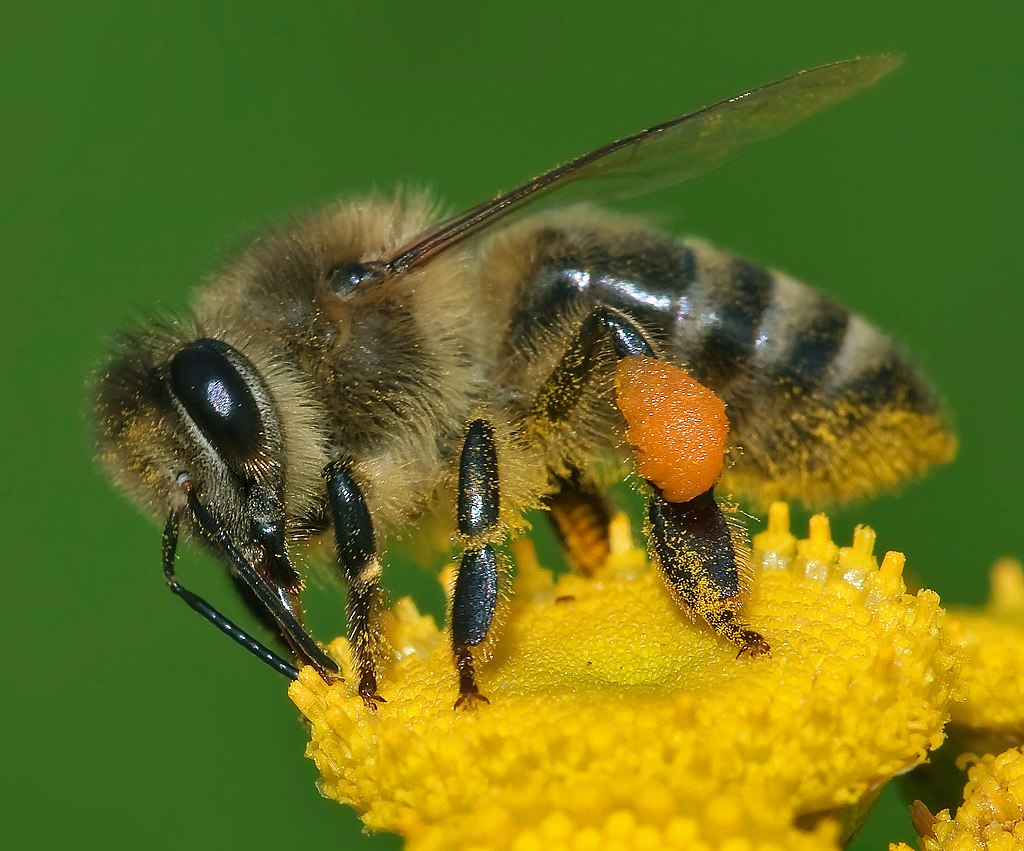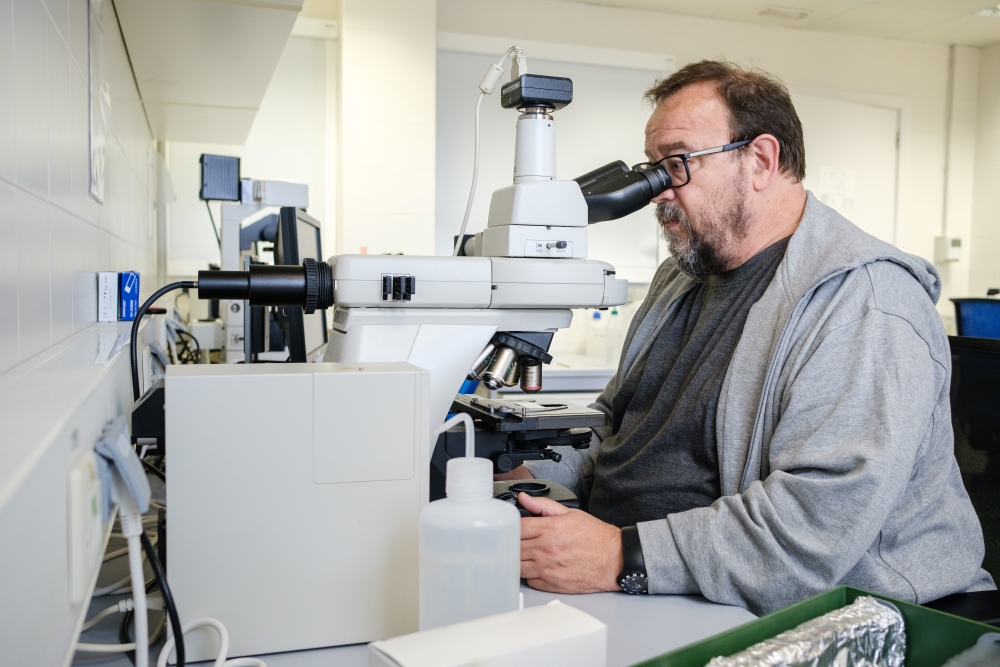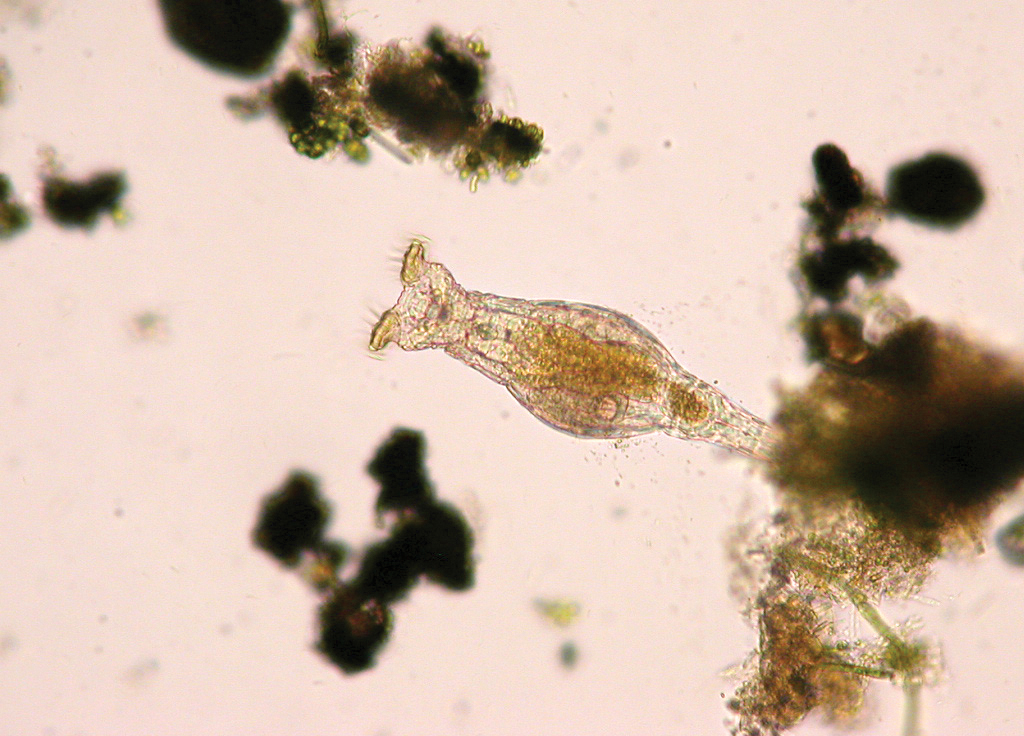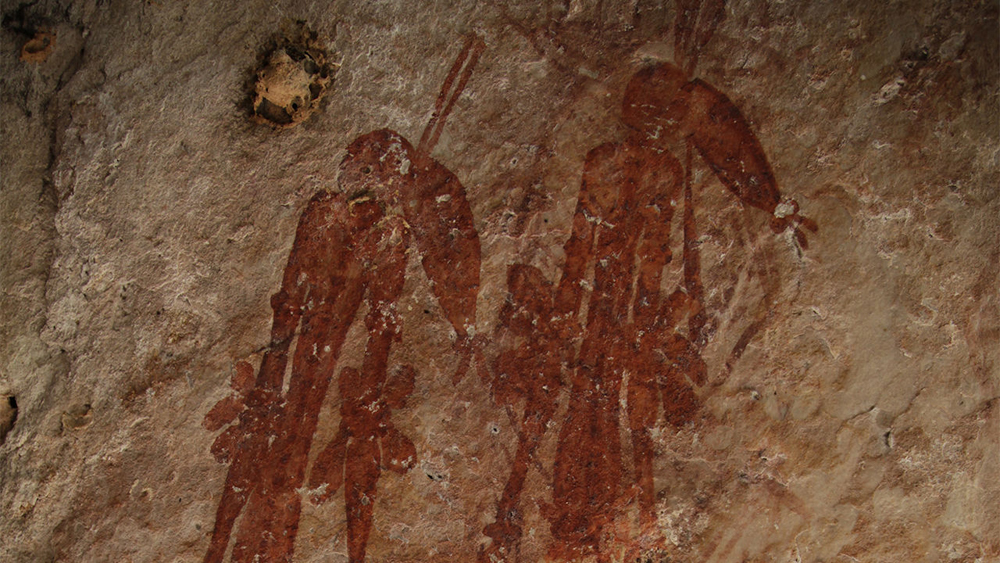25% of freshwater animals are at "high risk" of extinction
Hundreds of species are about to disappear because of the "enabling pressures" arising from industrial crops, reservoirs and pollution. In order to avoid this evolution, the researchers who participated in the study, published on January 8 in the journal Nature, have asked "imminent changes".

24% of freshwater animals are about to disappear, according to a study from the journal Nature. Others have already disappeared: There are 89 species that have disappeared definitively since the 19th century, while another 178 are "probably missing". Although sweet waters - rivers, lakes or wetlands - account for less than 1% of the earth's surface, they contain a great biodiversity: it concentrates more than 10% of animal species.
As for the 23,496 species studied, the threat is particularly high for decápods – shrimp, crabs, etc. – of which 30% are in danger of extinction. But also freshwater fish, tetrapods – frogs, salmon, reptiles, birds and mammals – and odonates – mariorrettes – are at risk, respectively, with 26%, 23% and 16% in case of extinction.
The main causes of this development are three: pollution affects 54% of the endangered species, 39% in both reservoirs and water extractions and 37% in industrial crops. Another 28% is affected by invasive species and diseases. However, this grouping must be qualified because 84 per cent have to deal with more than one threat.
On the other hand, climate change and extreme weather events also put a fifth of the species in difficulty.
In short, they have a totally altered habitat, which carries a risk of extinction. These include the red alarm about the disappearance of wetlands: 35% have disappeared between 1970 and 2015, with a rate of disappearance three times faster than that of forests.
Unlike the sea and soil, researchers lament the fact that the freshwater area is poorly researched by scientists: "As for freshwater and invertebrate fish, they have been given little investment, political will or attention, but also by the traditional community that is committed to conservation". In this sense, the researchers who support the article were asked about the measures to be taken "immediately" to avoid a worsening of the situation.
Ionan Marigomez Allende (Erandio, 1961) biologoa da lanbidez eta bokazioz. Bera izan zen EHUren Plentziako Itsas Estazioaren sustatzaile nagusia, eta bera da bertako zuzendaria 2013an sortu zenetik. Bulegoan hartu gaitu, atzealdean Gorlizko badia ageri dela, eta hantxe jardun... [+]
1891n nekazari batek Gwion estiloko hainbat labar pintura aurkitu zituen Kimberlyn (Australia).






















